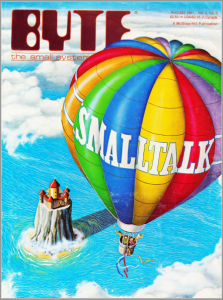I had the pleasure of being the opening keynote at the People Matters L&D conference in Mumbai this past week, with a theme of ‘disruption’. In it, I talked about some particular myths and their relation to our understanding of our own brains. Following my presentation, I sat through some other presentations. And heard at least one other myth being used to flog solutions. So, fewer myths, please.
My presentation focused on the evidence that we’re still operating under the assumption that we’re logical reasoners (which I pointed out, isn’t apt). I mentioned annual reviews, bullet points presos, unilateral decisions, and more. I also cited evidence that L&D isn’t doing well, so it is a worry. Pointing to post-cognitive frameworks like predictive coding, situated & distributed cognition, and more, I argued that we need to update our practices. I closed by urging two major disruptions: measurement, and implementing a learning culture in L&D before taking it out to the broader org.
In a subsequent presentation, however, the presenter (from a sponsoring org) was touting how leadership needed to accommodate millennials. I’m sorry, but there’s considerable evidence that ‘generation differences’ are a myth. The boundaries are arbitrary, there’re no significant differences in workplace values, and every effect is attributable to age and experience, not generation. (Wish I could find a link to the ‘eulogy for millennials myth’ two academics wrote.)
Another talk presented a lot of data, but ultimately seemed to be about supporting user preferences. Sorry, but user preferences, particularly for novices, aren’t a good guide. There was also a pitch for an ‘all-singing, all-dancing’ solution. Which could be appealing, if you’re willing to live with the tradeoffs. For instance, locking into whatever features your provider is willing to develop, and living without best-0f-breed for all components.
Yes, it’s marketing hype. However, marketing hype should be based on reality, not myths. I can get promising a bit more than you can deliver, and focusing on features you’re strong on. I can’t see telling people things that aren’t true. My first step in dealing with the post-cognitive brain is to know the cognitive and learning sciences, so you’ll know what’s plausible and what’s not. Not to PhD depth, but to have a working knowledge. That’s the jumping off point to much that’s the necessary disruption, revolution, that L&D needs to have. And fewer myths, please!



